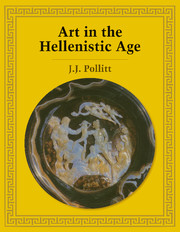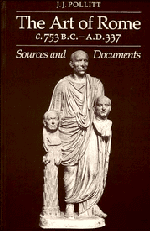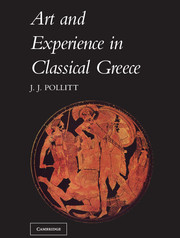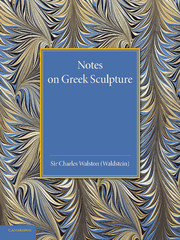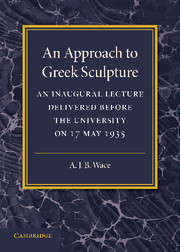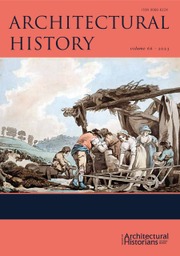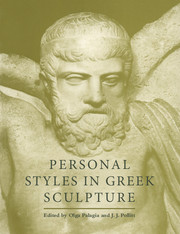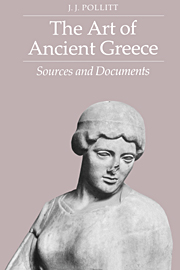Art in the Hellenistic Age
'The best reason to study Hellenistic art is for its own sake' writes Professor Pollitt in the Preface to Art in the Hellenistic Age. 'But', he continues, 'I would suggest that there is an additional quality that should make the art of the Hellenistic age of particular interest to modern audiences: the fact that in background and content it was the product of an age in many ways similar to our own … The result of the historical conditions (of the age) was an art which, like much modern art, was heterogenous, often cosmopolitan, increasingly individualistic, and frequently elite in its appeal'. This 1986 book is an interpretative history of Greek art during the Hellenistic period - i.e. from the death of Alexander the Great in 323 BC, to the establishment of the Roman Empire at the end of the first century BC - which also explores ways in which that art is an expression of the cultural experience and aspirations of the Hellenistic age.
Product details
June 1986Paperback
9780521276726
344 pages
277 × 216 × 20 mm
0.82kg
Available
Table of Contents
- Acknowledgements
- Preface
- Maps
- Introduction. Hellenistic art and the temperament of the Hellenistic age
- Prologue. The phases of Hellenistic art
- 1. Royal iconography
- 2. Lysippos and his school
- 3. Personality and psychology in portraiture
- 4. The sculpture of Pergamon
- 5. Hellenistic baroque
- 6. Rococo, realism, and the exotic
- 7. Rome as a center of Hellenistic art
- 8. Style and retrospection: neoclassicism and archaism
- 9. Pictorial illusion and narration
- 10. Hellenistic mosaics
- 11. Hellenistic architecture: theatrical and scholarly forms
- 12. Alexandria and the Pharoah
- Appendices: I. The chronology of Hellenistic sculpture
- II. The ruler cult and its imagery
- III. Aspects of royal patronage
- IV. Bactria and India
- V. The tomb at Belevi
- Abbreviations
- Bibliography
- Notes
- Sources of illustrations
- Index.

